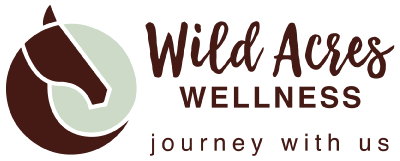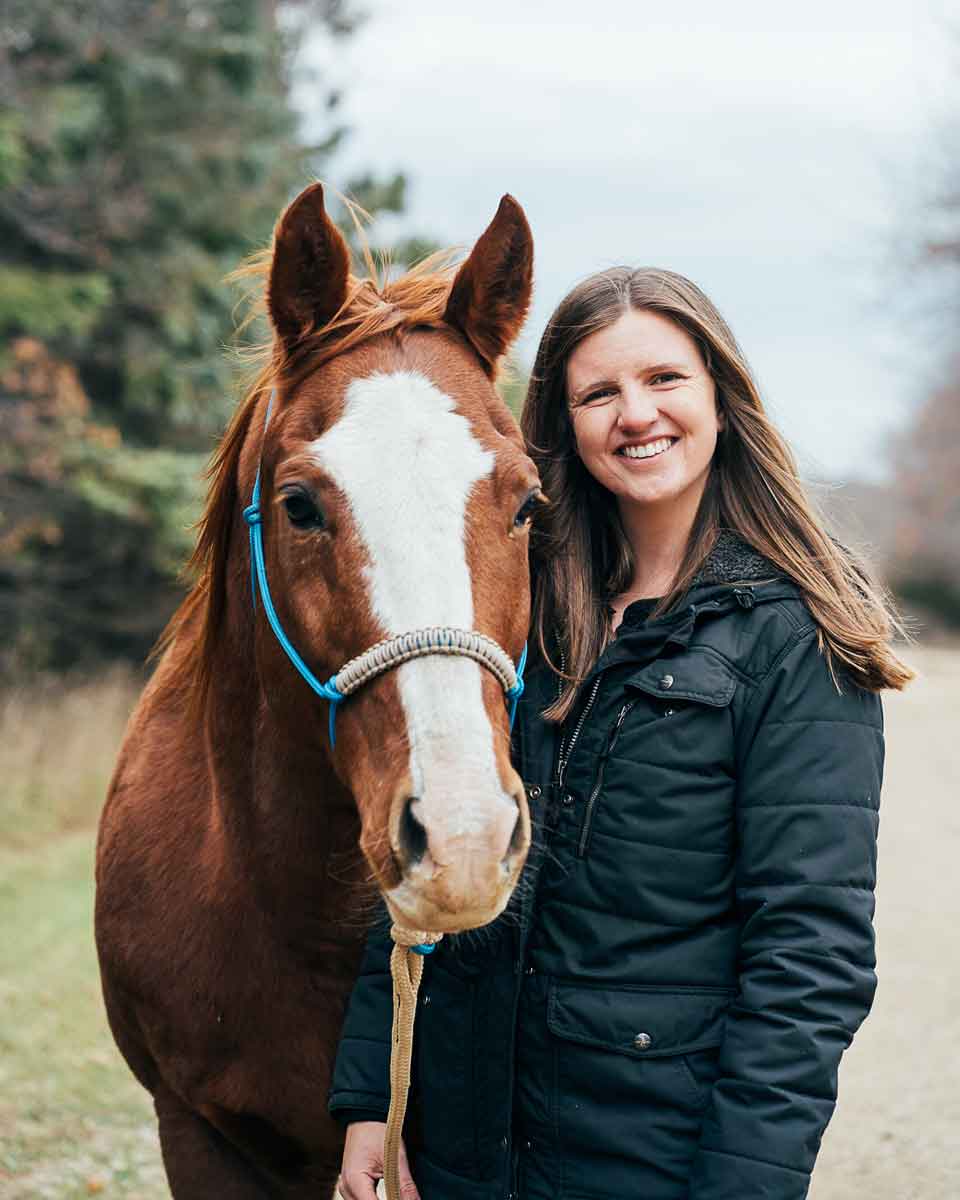The world of psychedelic-assisted healing is a large one. Ketamine Assisted Psychotherapy (KAP) is the current modality of psychedelic medicine that has been getting recognition in mental health treatment in the United States medical system. While psychedelic medicines are old, and the healing traditions behind them are even older, there remain many questions and stigmas around this type of healing.
We hope this blog provides clarity and understanding about how these medicines can be monumental in one’s healing journey.
The Re-emergence of Psychedelics
As explored in recent media, such as How to Change Your Mind (2022) and Fantastic Fungi (2019), psychedelics are reemerging in Western medicine after decades of being illegalized following the war on drugs.
While ketamine is not often discussed in these media features, it is currently the only psychedelic medicine that is legal at the federal level in the US. The re-emergence of psychedelic-assisted psychotherapy has been a slow one, and many medicines, such as psilocybin and MDMA, are still in the process of working toward legalization.
The Stigmas Around Ketamine
Many people have heard of ketamine in the context of being an animal tranquilizer, an anastatic for humans, or even a street drug, to be transparent. Many of these images or stigmas arise when the words ‘ketamine’ or ‘psychedelics’ are brought up in the therapeutic setting.

Healing at the Unconscious or Somatic Levels
Thinking about incorporating medicine into therapy can be daunting. We at Wild Acres Wellness decided to include KAP into our offerings because we have found that, in some cases, talk therapy or even other trauma modalities don’t always get into healing at the unconscious or somatic levels that trauma can be stored in.
We also find that KAP is a wonderful conjunction with other modalities, such as nature-based, equine-assisted, or somatic-based interventions.
The use of KAP has allowed us to offer a treatment that not only allows people to process on an unconscious level but also gain neuroplasticity that allows change in brain pathways during and after their medicine sessions.
What is Ketamine Assisted Psychotherapy Used For?
KAP is a common treatment for treatment-resistant depression, trauma, anxiety, OCD, and more – and the research just keeps growing.
The Effects of Ketamine-Assisted Psychotherapy
While ketamine or any other psychedelic medicine is not a cure by any means, we do believe it has amazing potential to help people heal on a deeper level than previously seen. We have personally seen consistent reporting from clients who are doing KAP that they feel overall calmer, less anxious and reactive, and more able to stay present in their experience. We have also seen people’s amazement when they feel able to process trauma they have been storing for years and begin to look at it differently – often a life-changing experience!
How to Know if KAP is Right For You
KAP might not be a good fit for everyone, and that’s okay! However, if you have been feeling stuck in your healing journey, want to go deeper into your healing, or are interested in exploring how your unconscious mind might be involved in your daily life, we encourage you to reach out to us and ask any questions you might have. You can learn more about our Ketamine Assisted Psychotherapy services here.


